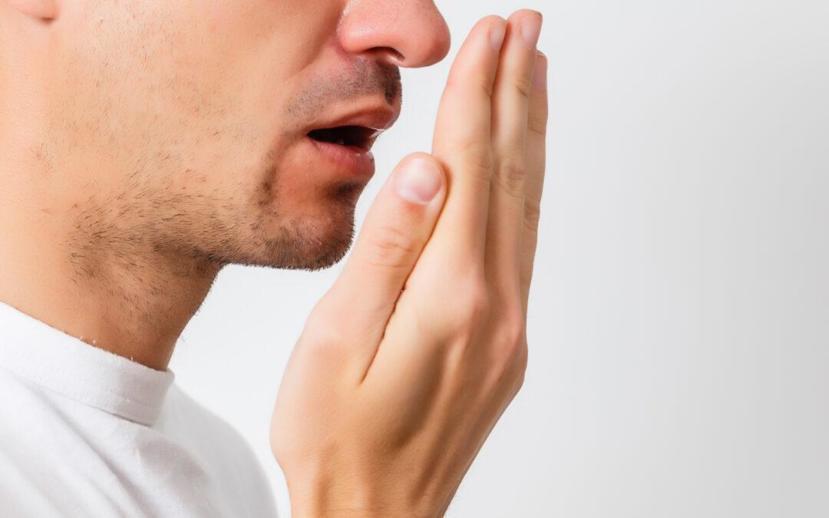Bad breath causes and treatments

Dr. Jayme A. Oliveira Filho (Dr. O) was born in Brazil on 1976. He finished his dental school at Federal University of Ceara School of Dentistry in 1999. Dr. O practiced dentistry in Brazil for 5 years until, where he did his post-graduation in dental prosthetics. He moved with his family to the United States in 2003 to... more
Bad breath, also known as halitosis, can be quite distressing and may stem from various underlying causes. It's important to identify the cause in order to effectively treat and prevent bad breath. Here are some common causes and potential treatments:
Causes of Bad Breath:
- Poor Oral Hygiene: Bacteria in the mouth feed on food particles, leading to the release of foul-smelling gases.
- Food Choices: Certain foods, such as garlic, onions, and spicy foods, can cause strong odors in the breath.
- Dry Mouth (Xerostomia): Saliva helps cleanse the mouth by washing away bacteria. A dry mouth allows bacteria to proliferate, causing bad breath.
- Gum Disease: Bacterial infections in the gums can lead to the production of odor-causing compounds.
- Dental Issues: Cavities, gum abscesses, and dental infections can contribute to bad breath.
- Tobacco Use: Smoking or using other tobacco products can lead to a persistent bad odor in the mouth.
- Medical Conditions: Certain medical conditions, such as respiratory infections, acid reflux (GERD), and liver or kidney problems, can cause bad breath.
- Sinus Issues: Postnasal drip from sinus infections or allergies can lead to bad breath.
Treatments for Bad Breath:
- Good Oral Hygiene: Brush your teeth at least twice a day and floss daily to remove food particles and bacteria. Don't forget to brush your tongue as well.
- Regular Dental Checkups: Regular visits to the dentist help identify and treat dental issues that could contribute to bad breath.
- Tongue Cleaning: Use a tongue scraper to clean the surface of your tongue and remove bacteria that can cause odor.
- Stay Hydrated: Drinking water helps maintain saliva production, which is important for reducing bad breath.
- Chew Sugar-Free Gum: Chewing sugar-free gum can stimulate saliva production and help alleviate dry mouth.
- Mouthwash: Use an alcohol-free mouthwash to temporarily mask bad breath and kill bacteria. Look for mouthwashes that contain antibacterial agents.
- Dietary Changes: Limit consumption of strong-smelling foods like garlic and onions. Include more fresh fruits and vegetables in your diet.
- Quit Smoking: If you're a tobacco user, quitting can significantly improve your breath and overall health.
- Treating Underlying Conditions: If bad breath is caused by a medical condition, consult a healthcare professional for appropriate treatment.
- Saliva Substitutes: If dry mouth is the issue, your dentist might recommend saliva substitutes or medications to stimulate saliva flow.
- Nasal Care: Address sinus infections or allergies through appropriate medical treatment.
- Acid Reflux Management: If GERD is causing bad breath, manage your symptoms through dietary changes and, if necessary, medication prescribed by a doctor.
Remember that chronic bad breath could be a sign of an underlying dental or medical issue, so if your efforts to improve your breath don't yield results, it's a good idea to consult a dentist or a healthcare provider to identify and address the cause.








